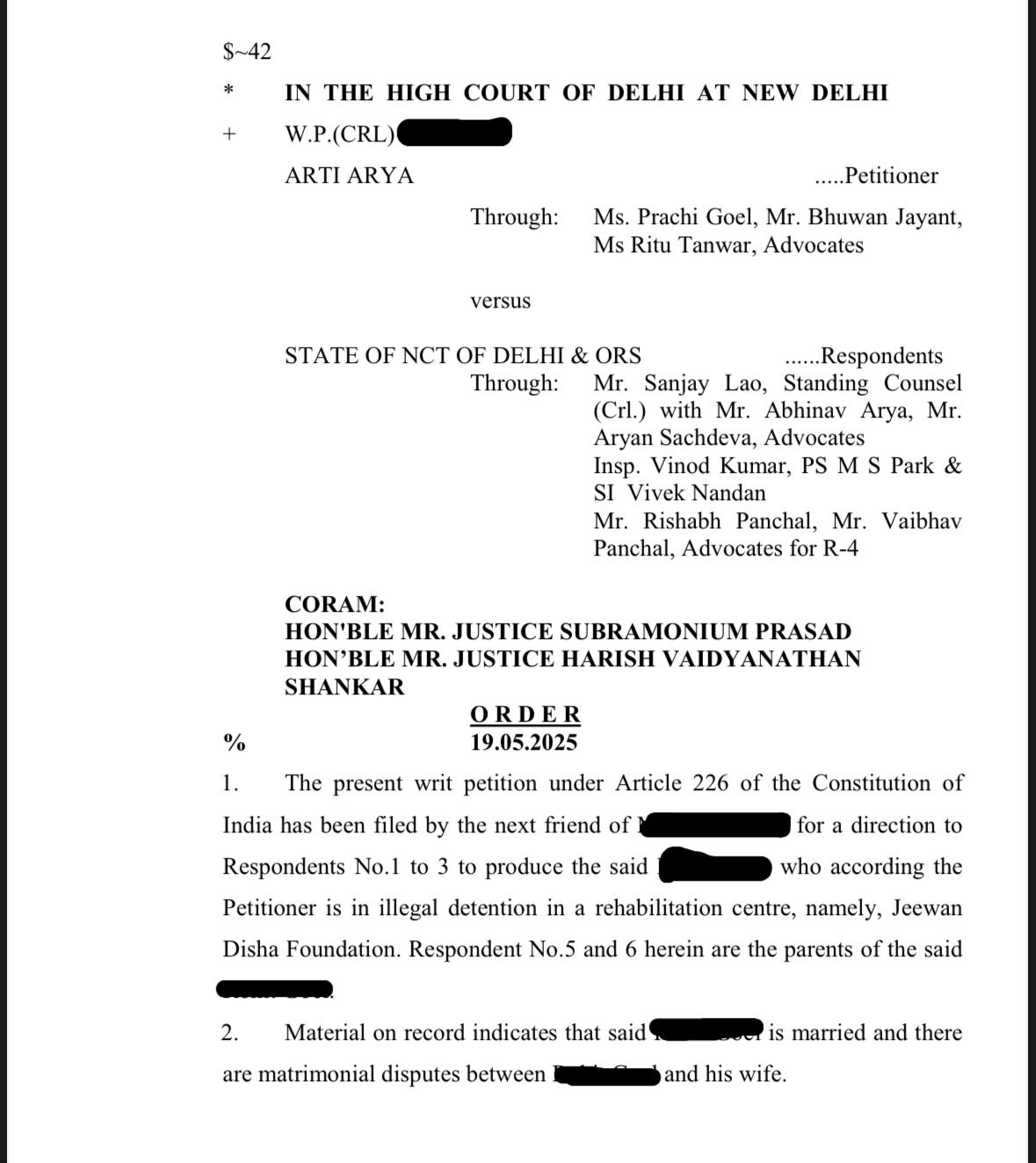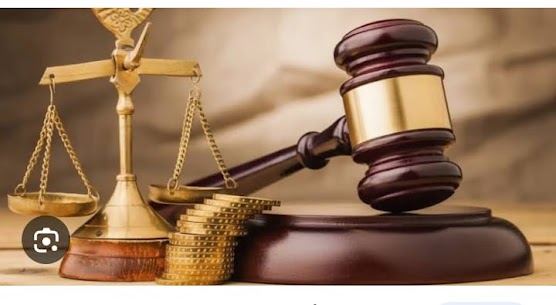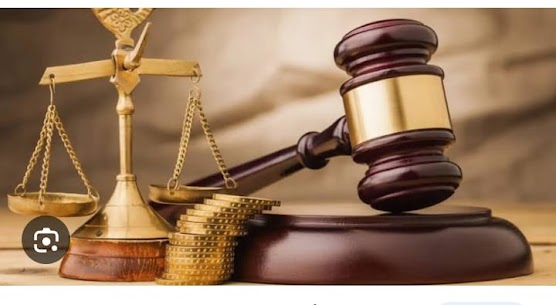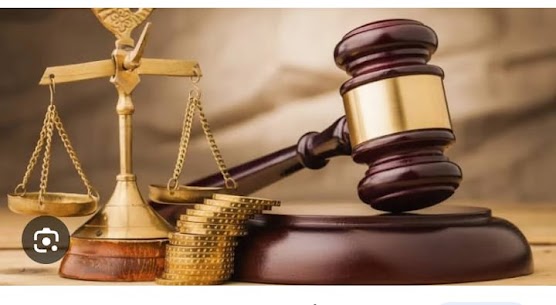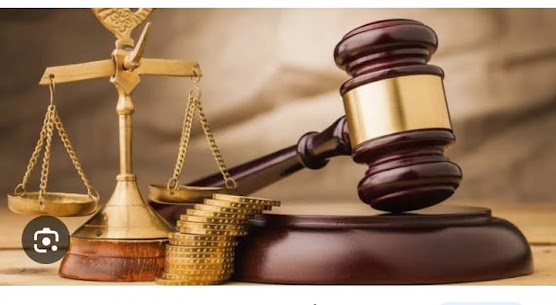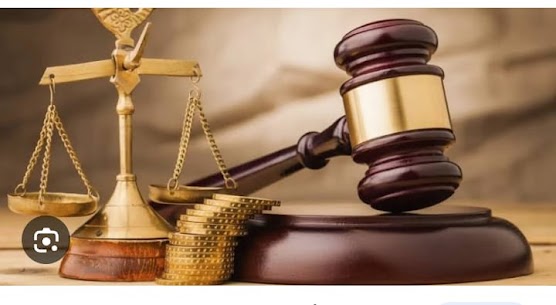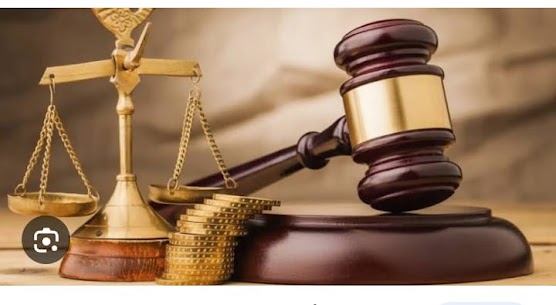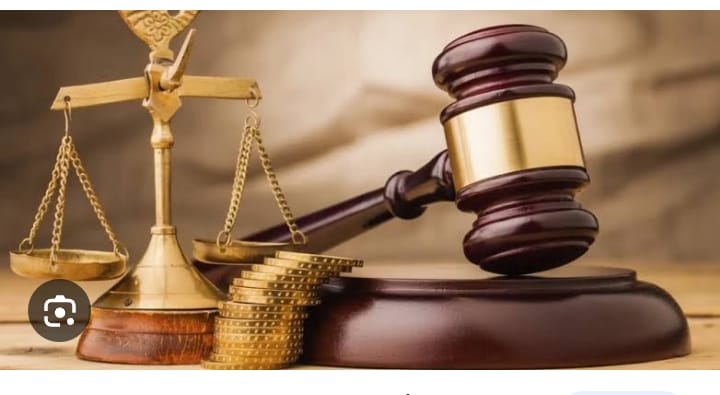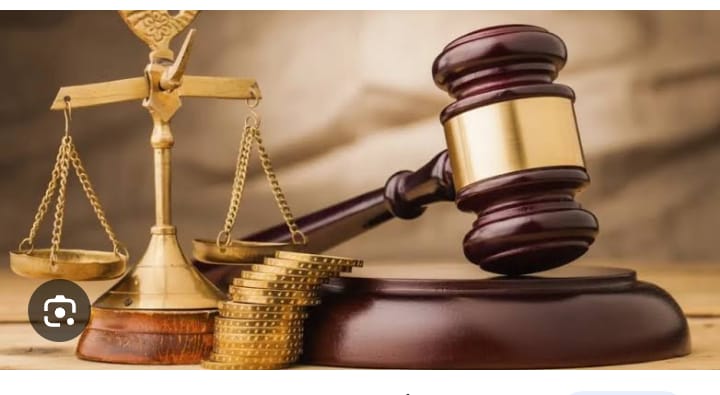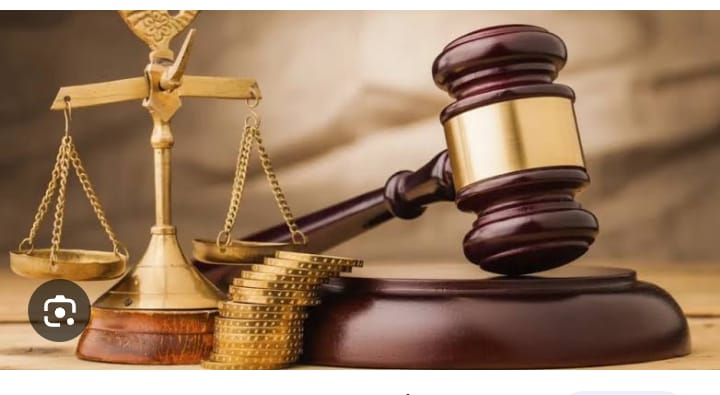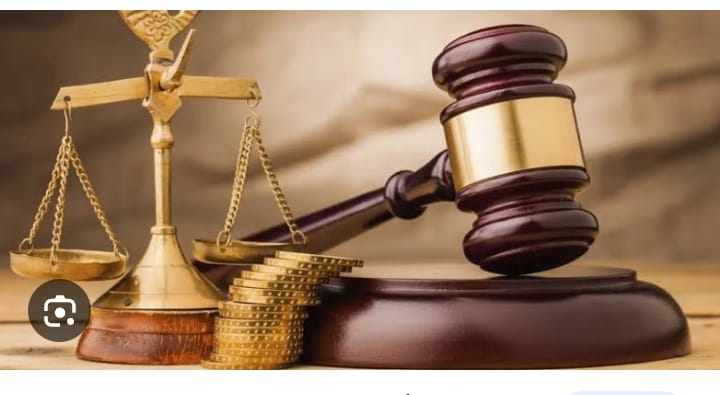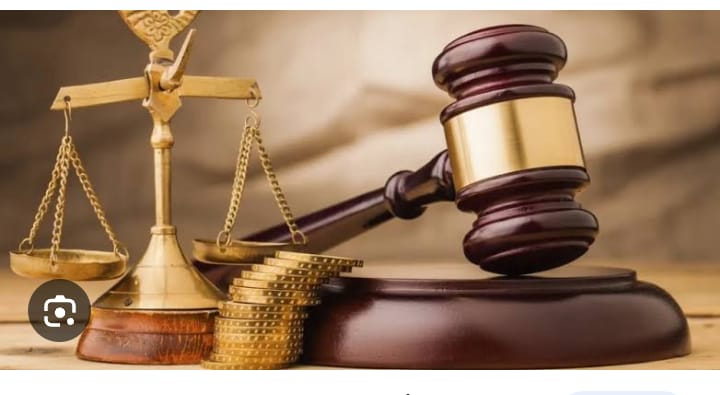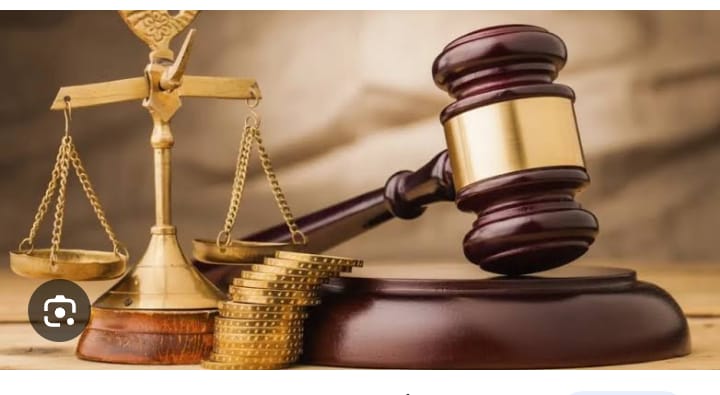In a legal victory, I recently succeeded in securing the release of an adult male who had been illegally detained in a rehabilitation center in Delhi for more than four months against his will and without any lawful authority. The release was granted...
Legal support under IPC Section 384 for extortion
The Indian criminal law is tough to understand. Extortion is an important crime that threatens the financial security, emotional stability, and safety of individuals. Extortion is not only a demand...
Legal Protection under IT Act Section 66
Cybercrime has become a huge threat to individuals. The organisations and even governments in modern times are the victims. With the increasing use of technology, especially the internet, there has been a p...
Legal Consultant for Corporate Cybersecurity Violations
In today’s highly interconnected world, data is one of a company's most valuable assets. With the huge growth of digital platforms, cloud services, and remote work, corporations are...
The Impact of Cybercrime Cases: A Growing Threat in the Digital Age
In an increasingly digital world, cybercrime has emerged as a formidable threat to individuals, businesses, and governments alike. From financial fraud and identity theft to ranso...
In India, a cheque bounce is not just a financial inconvenience—it's a legal offense under the Negotiable Instruments Act, 1881. With an increase in cheque-based transactions, understanding the law governing dishonoured cheques is cruc...
Understanding Cheque Bounce Laws in India: Legal Remedies and Consequences
In India, cheque bounce cases are governed under Section 138 of the Negotiable Instruments Act, 1881. A cheque is said to be dishonoured or bounced when it is returned...
Understanding POCSO: Protection of Children from Sexual Offences Act, 2012
Introduction
The Protection of Children from Sexual Offences Act (POCSO Act), enacted in 2012 by the Indian Parliament, is a landmark legislation that aims to protect chil...
Criminal Laws in India: An Overview
India’s criminal justice system is governed by a set of laws that define crimes, prescribe punishments, and regulate legal proceedings. These laws are primarily codified in three major statutes:
I...
Criminal Laws in India: An Overview of Key Legislations and Procedures
Introduction
Criminal law in India serves as a crucial mechanism to maintain public order and protect society from unlawful activities. It defines offenses, prescribes punis...
India has a comprehensive legal system based on its Constitution, which is the supreme law of the land. The legal system is influenced by British common law, traditional customs, and modern statutory laws. Here are the key categories of laws in ...
Cybercrime laws in India are governed primarily by the Information Technology Act, 2000 (IT Act) and relevant sections of the Indian Penal Code (IPC). Here’s an overview of key laws and provisions related to cybercrimes in India:...
Cheque Bounce Cases in India: Legal Provisions and Remedies
A cheque bounce, also known as dishonor of cheque, occurs when a cheque presented for payment is returned by the bank due to insufficient funds, mismatched signatures, or other reasons. I...
Section 354 IPC: Assault or Criminal Force to Outrage the Modesty of a Woman
Section 345 of the IPC indicates women's power. If a woman is harassed or abused physically. This section is made to make the women independent and speaks about their...
Cheque Bounce Cases: Causes, Legal Implications, and Remedies
Cheque bounce cases, also known as dishonored cheques, are a common financial and legal issue that can arise in both personal and professional transactions. Understanding the causes, le...
What's the Difference Between Bailable and Non-Bailable Crimes?
Bail gets the power to move freely on the roads and the non-bailable offence means you need to pay attention to every detail of the case. This bailable and non-bailable offence de...

